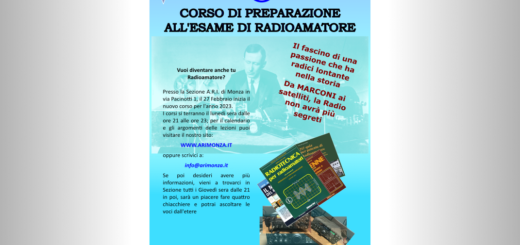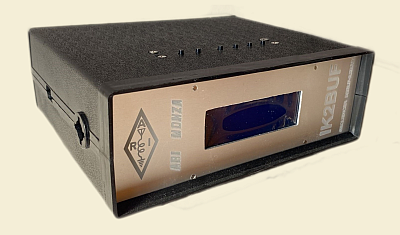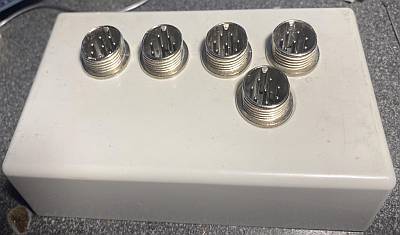29 aprile 2019
An International Space Station school contact has been planned with participants at Observatorio Astronomico de Mallorca, Costitx, Spain with participating schools Colegio San Jose Obrero, Palma de Mallorca(Islas Baleares-Espana), Spain and Colegio Luis Vives, Palma de Mallorca(Islas Baleares-Espana), Spain. on 29 April 2019.
The event is scheduled to begin at approximately 11:48 UTC, which is 13.48 CEST. The contact will be a telebridge between NA1SS and W6SRJ. The radio contact will NOT be audible in Europe, but the event will be webcast on:
https://www.youtube.com/user/LuisVivesTV/live
The contact is expected to be conducted in English.
Story:
Sant Josep Obrer School was founded 64 years ago, and has more than 3000 students, ages ranging from 2 to 21. Luis Vives School was founded 59 years ago, and has more than 1300 students, ages ranging from 2 to 21. Both centers are from Palma de Mallorca (Balearic Islands, Spain). The school forms part of the 120 best Spanish schools. 180 pupils of 15 years old have participated in the whole project.
Participants will ask as many of the following questions as time allows:
1. When did you decide you wanted to be an astronaut and why?
2. Is it uncomfortable to sleep at zero gravity?
3. How did you feel the first time you arrived in space?
4. We have read that the ISS uses gyroscopes. What are they used for?
5. Why is it that from Earth we can see a blue sky and from the ISS you
aren’t able to?
6. What do you feel when you wake up every morning and see the world so far
away with all its colours and its oceans…?
7. Why do you have to modify the ISS orbit on a regular basis?
8. How do you maintain the facilities on board the ISS?
9. How do you recycle water?
10. What type of food do you eat on the ISS?
11. What’s an astronaut’s daily routine on board the ISS?
12. What impresses you the most about this whole experience?
13. What exercises do you do to maintain a good physical condition?
14. When you are sick, what do you do?
15. What would you like to do that nobody has ever done in space?
16. In your space menu, do you have a favorite dish?
17. What was the most difficult test you had to pass to become an astronaut?
18. Is it hard to adapt to the conditions in outer space?
19. What type of activities can you carry outdo during your free time in
space?
20. Does a watch onboard the ISS keep the same time as if it were on Earth?
About ARISS:
Amateur Radio on the International Space Station (ARISS) is a cooperative venture of international amateur radio societies and the space agencies that support the International Space Station: NASA, Russian Space Agency, ESA, JAXA, and CSA. The US Center for the Advancement of Science in Space (CASIS) and the National Aeronautics and Space Administration (NASA) provide ARISS special support.
ARISS offers an opportunity for students to experience the excitement of Amateur Radio by talking directly with crewmembers on board the International Space Station. Teachers, parents and communities see, first hand, how Amateur Radio and crewmembers on ISS can energize youngsters’ interest in science, technology, and learning.
The primary goal of ARISS is to promote exploration of science, technology, engineering, and mathematics (STEM) topics by organizing scheduled contacts via amateur radio between crew members aboard the ISS and students in classrooms or informal education venues. With the help of experienced amateur radio volunteers, ISS crews speak directly with large audiences in a variety of public forums. Before and during these radio contacts, students, teachers, parents, and communities learn about space, space technologies, and amateur radio. For more information, see www.ariss.org, www.ariss-eu.organd https://www.amsat-on.be/hamtv-summary/.
73






